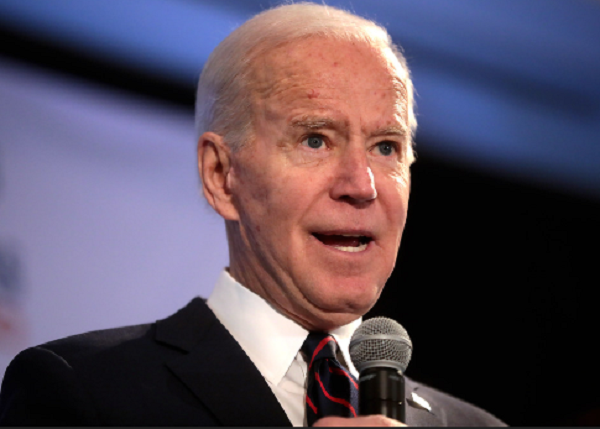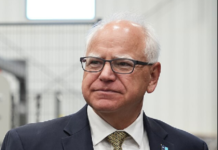Justice Samuel Alito strongly criticized the majority of the Supreme Court for neglecting their responsibility to limit the government’s oppressive censorship endeavors in a significant free speech case that has made its way to the highest court in years. In a 6-3 decision on Wednesday, the Supreme Court supported the Biden administration in the case of Murthy v. Missouri, ruling that two states and five individual plaintiffs did not have the legal standing to seek an injunction against the government’s extensive attempts to suppress online speech.
This case revolved around the federal government’s request for social media platforms like Facebook and Twitter to remove specific content related to COVID-19 and other contentious topics. Many of the censored posts contained factual information, leading critics to argue that the Biden administration was attempting to censor conservative viewpoints.
Alitoi argued that the majority’s decision “permits the successful campaign of coercion in this case to stand as an attractive model for future officials who want to control what the people say, hear, and think.”
Jonathan Turley breaks down the frustrating anti-free speech ruling in Murthy v. Missouri.
"The Government is engaging in censorship by surrogate… they have made a mockery of the limits of the 1st Amendment." pic.twitter.com/K2eKnJtloF
— Media Research Center (@theMRC) June 26, 2024
“Their communications with Facebook were virtual demands,” he wrote, pointing to the White House’s many requests to remove “misinformation” related to COVID-19. “And Facebook’s quavering responses to those demands show that it felt a strong need to yield.”
The majority determined that plaintiffs failed “to link their past social-media restrictions to the [government’s] communications with the platforms” explaining that “the platforms had independent incentives to moderate content and often exercised their own judgment.”
Alito argued that considering Facebook’s refusal to accept certain recommendations from the government as “bad logic” is flawed, as it goes against the evidence presented in internal emails that vividly depict the company’s subservient nature.
“Facebook’s responses resembled that of a subservient entity determined to stay in the good graces of a powerful taskmaster,” Alito wrote. “When criticized, Facebook representatives whimpered that they ‘thought we were doing a better job’ but promised to do more going forward…And when denounced as ‘killing people,’ Facebook responded by expressing a desire to ‘work together collaboratively’ with its accuser.”
Alito argued in favor of maintaining the lower court’s injunction against the government by presenting the evidence pertaining to Jill Hines, a co-director of Health Freedom Louisiana and one of the plaintiffs in the case.
“Hines showed that, when she sued, Facebook was censoring her COVID-related posts and groups,” Alito wrote. “And because the White House prompted Facebook to amend its censorship policies, Hines’s censorship was, at least in part, caused by the White House and could be redressed by an injunction against the continuation of that conduct.”
AGREED, @DrJBhattacharya. Today's decision completely ERASES the #FirstAmendment in the digital age.
The government CANNOT censor people simply because it disagrees or dislikes their views.
Congress MUST ACT to rebuke this wayward decision and restore the First Amendment rights… https://t.co/4B8cmuPzoA
— New Civil Liberties Alliance (@NCLAlegal) June 26, 2024




